Essential Guide to Becoming a Leadership Coach in 2025
The demand for skilled leadership coaches is rapidly rising as organizations face unprecedented change, hybrid workplaces, and shifting workforce priorities in 2025.
This essential guide will show you how to become a successful leadership coach, covering everything from foundational skills and certifications to current industry trends and proven strategies for building your career.
Inside, you will learn the core competencies every leadership coach needs, the most respected certification paths, and the latest trends shaping the profession.
You will also discover actionable steps for launching your coaching practice, tips for standing out, and how to deliver measurable value to clients. Ready to start your journey?
Understanding the Role of a Leadership Coach in 2025
A leadership coach is a professional who partners with leaders to unlock their potential, foster growth, and drive organizational change. Core responsibilities include one-on-one coaching, facilitating group sessions, and building leadership pipelines. By asking powerful questions and offering objective feedback, a leadership coach helps clients clarify goals, overcome barriers, and build critical skills.
The landscape for a leadership coach is rapidly changing. Remote and hybrid work, digital transformation, and greater attention to diversity and inclusion are reshaping expectations. According to Harvard DCE, evidence-based coaching and neuroscience are increasingly central to modern practice. Korn Ferry highlights that coaches support leaders in driving impact across and beyond their organizations. For more on how these trends shape the field, consult leadership coaching trends 2025.
Consider the case of a CEO who, through coaching, gained clarity, confidence, and the ability to inspire teams during a major transition. While leadership coaching focuses on developing skills at all levels, executive coaching often targets C-suite leaders and strategic decision-making. Both share a commitment to measurable growth and real business results.
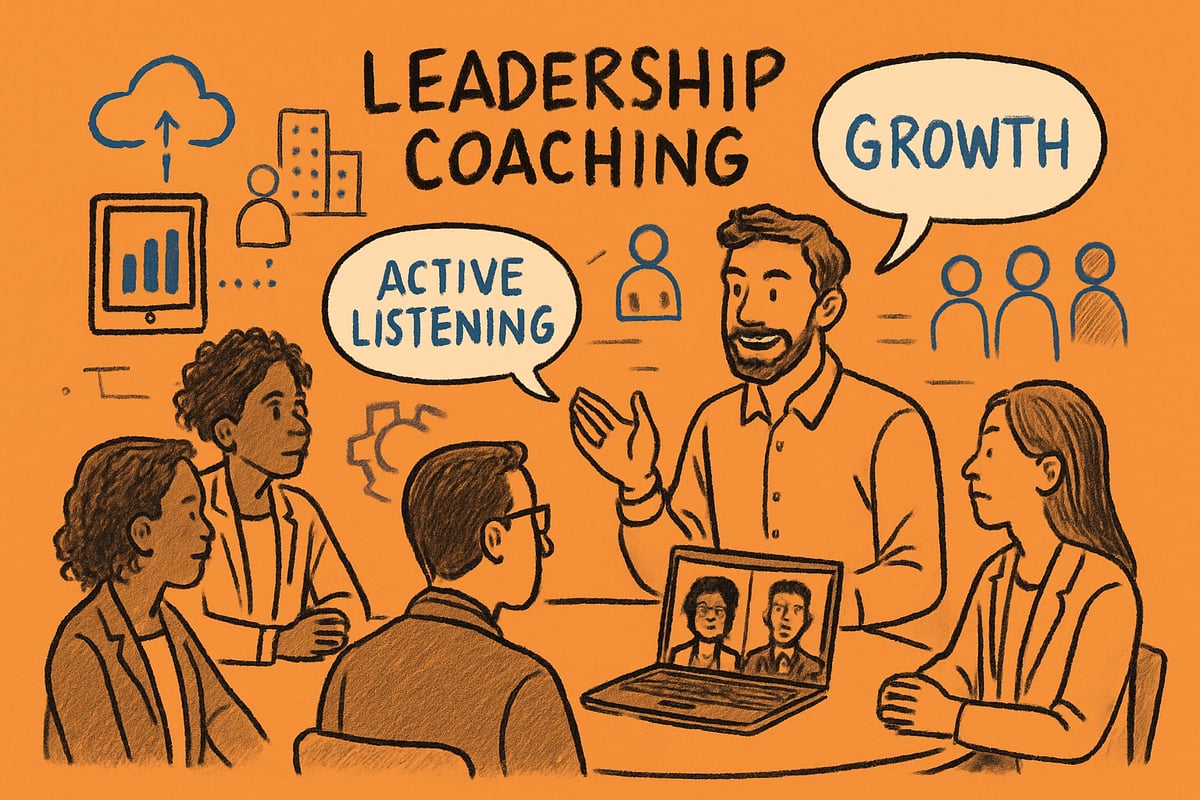
Core Competencies and Skills Required
Excelling as a leadership coach in 2025 requires a distinct blend of interpersonal, analytical, and adaptive abilities. These core competencies form the foundation for impactful coaching that drives meaningful results for both individuals and organizations.
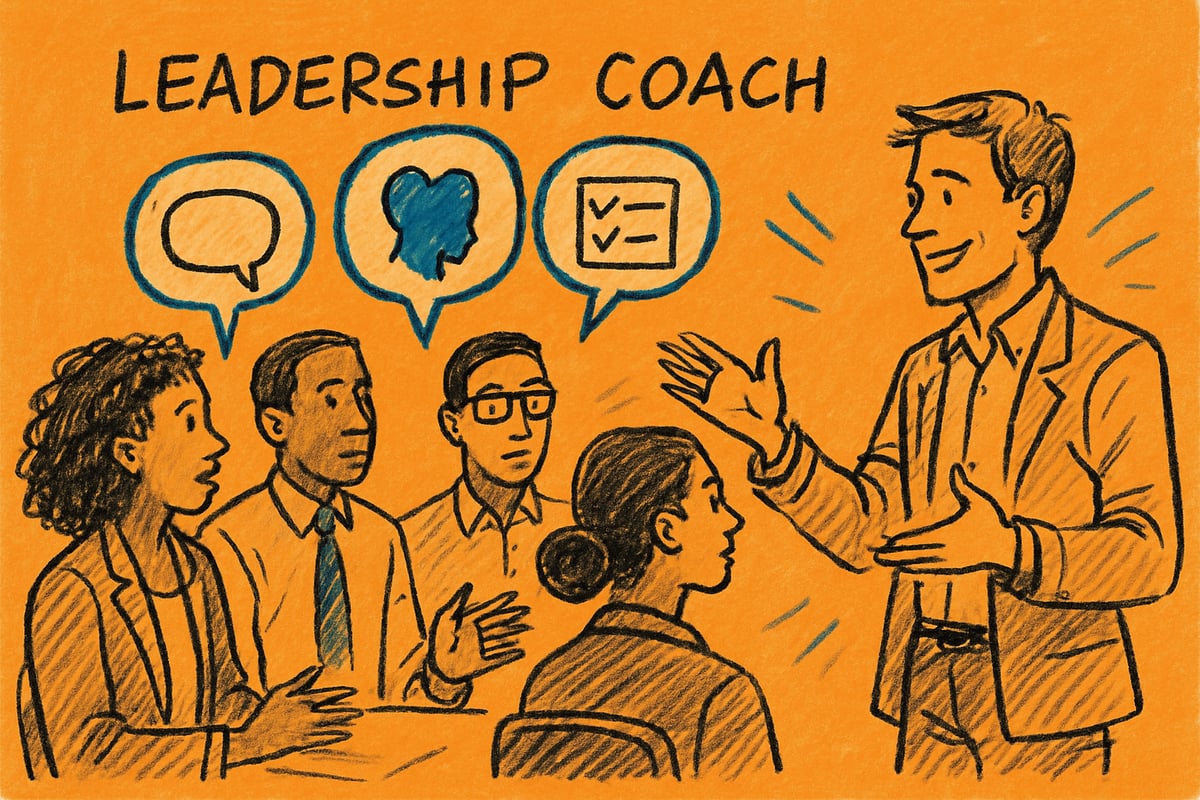
Communication and Emotional Intelligence
At the heart of every effective leadership coach is the ability to communicate clearly and listen actively. Building trust and rapport depends on strong verbal and nonverbal communication skills.
Emotional and social intelligence are equally vital. Coaches must help leaders heighten self-awareness, understand group dynamics, and foster empathy. These skills empower clients to navigate complex workplace relationships and lead with authenticity.
Evidence-Based Frameworks and Assessment
A modern leadership coach leverages established frameworks rooted in neuroscience and adult development, as recommended by Harvard DCE. Tools like 360-degree feedback, personality assessments, and somatic coaching models provide structure and measurable progress.
Many coaches, such as those at Noomii’s practical corporate coaching strategies, use evidence-based approaches to tie coaching outcomes directly to business results. This ensures that coaching is actionable and aligned with organizational objectives.
Adaptability and Professional Growth
Change management expertise is essential. A leadership coach must guide clients through disruption, digital transformation, and shifting team dynamics. Adaptability and resilience are key to supporting leaders in unpredictable environments.
Continuous learning sets successful coaches apart. Ongoing education, professional development, and peer mentorship enable coaches to refine their skills and stay current with evolving industry trends. Coaches with real-world leadership backgrounds bring added credibility and perspective.
Certification and Educational Pathways
Pursuing the right certification is a crucial step for anyone aiming to become a recognized leadership coach. Industry leaders and organizations increasingly expect credentials that demonstrate both knowledge and ethical standards.
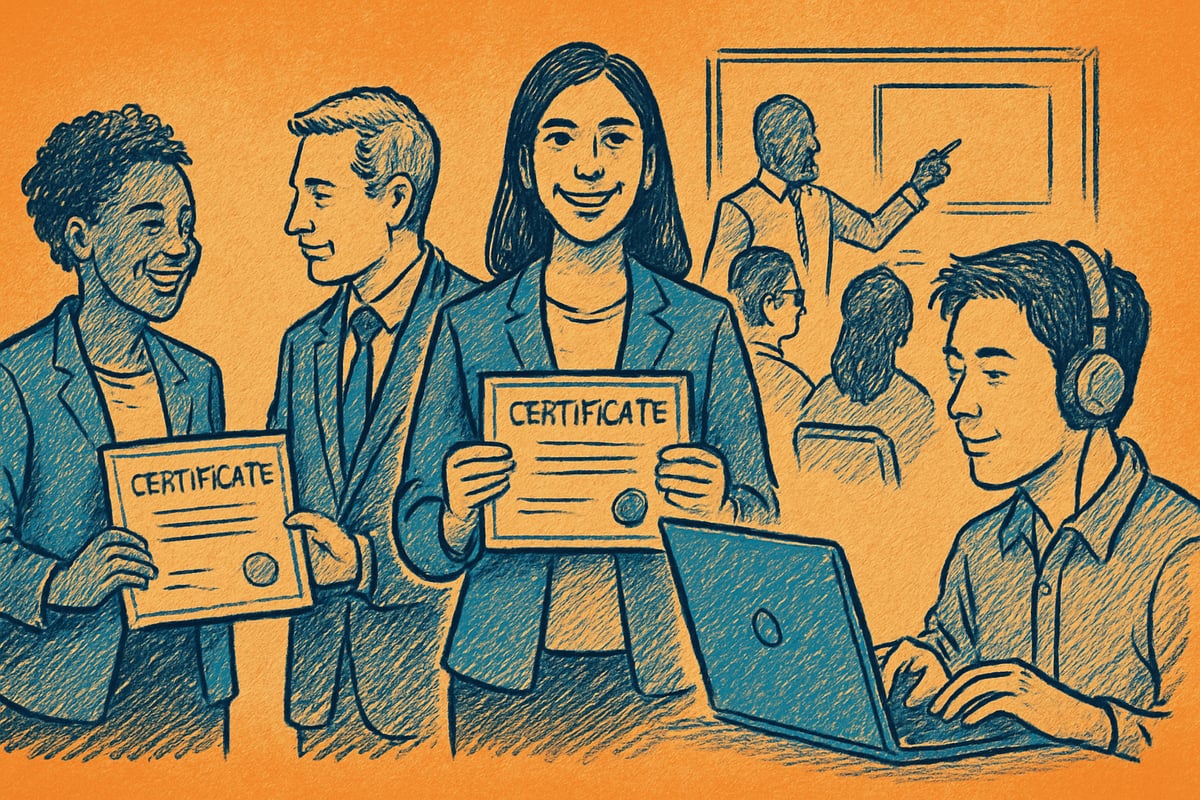
Top Leadership Coach Certifications
| Certification | Accrediting Body | Key Features |
|---|---|---|
| ICF (ACC, PCC, MCC) | International Coach Federation | Global standard, rigorous assessment |
| BCC | Center for Credentialing & Education | Focus on evidence-based coaching |
| Harvard DCE Certificate | Harvard Division of Continuing Education | Leadership excellence, neuroscience focus |
A strong educational background enhances a leadership coach’s credibility. Many coaches hold degrees in psychology, business, HR, or have completed specialized coaching programs. The Harvard DCE Certificate of Leadership Excellence is widely respected, emphasizing neuroscience and evidence-based practice.
To qualify for most certifications, candidates must complete a set number of coaching hours, participate in supervised practice, and commit to ongoing education. Blended learning is now the norm, offering flexibility through online and in-person modules.
Holding advanced credentials signals professionalism. Korn Ferry notes that their coaches often maintain multiple certifications and degrees, giving them an edge in the market. For example, a typical pathway might start as an entry-level coach, progress through supervised practice, and culminate in advanced certification after several years.
Peer coaching and mentorship are invaluable. They provide real-world feedback and help refine your style as a leadership coach. Expanding your professional network is also essential; directories like the Business coaches directory can connect you with peers and potential clients as you build your career.
Staying committed to education and professional development ensures you remain competitive and relevant in the evolving coaching landscape.
The 2025 Leadership Coaching Landscape: Trends and Opportunities
As organizations adapt to new realities, the landscape for a leadership coach is more dynamic than ever. In 2025, shifting business needs, technology, and global trends are creating unprecedented opportunities for those ready to lead.
Industry Growth and Demand
The demand for a skilled leadership coach continues to surge as companies navigate rapid digital transformation and leadership turnover. Market research reveals that the global leadership development coaching market is expected to reach new heights by 2032, driven by talent shortages and the need for future-ready leaders.
Organizations, including mid-market firms and Fortune 500 divisions, increasingly rely on coaching to boost retention and engagement. According to coaching industry growth projections, coaching is closely linked to improved employee outcomes and higher organizational performance.
Korn Ferry emphasizes the importance of developing leaders who can drive impact, while Harvard stresses the value of evidence-based coaching for building a healthy culture. The role of a leadership coach is now seen as essential in shaping the workforce of tomorrow.
Emerging Coaching Methodologies and Technologies
In 2025, leadership coach practices are evolving with the integration of neuroscience, positive psychology, and advanced digital tools. AI-powered assessment platforms and virtual coaching environments are rapidly gaining traction, making personalized feedback and progress tracking more accessible.
Coaches are blending traditional evidence-based models with somatic and emotional intelligence approaches. Korn Ferry, for instance, leverages both inside-out and outside-in perspectives to maximize leadership impact.
Continuous learning is also crucial, as leadership coach professionals adapt to new frameworks and technologies. Those who stay current with these trends are better positioned to deliver measurable results for clients and organizations.
Diversity, Inclusion, and Globalization
The modern leadership coach must be adept at fostering diversity, equity, and inclusion within organizations. As businesses expand globally, there is a growing demand for multilingual and culturally aware coaches who can support diverse leadership teams.
Coaching now often focuses on cross-cultural competence, strategic relationship-building, and work-life integration. Harvard DCE faculty highlight the importance of supporting leaders as they navigate complex, multicultural environments.
A leadership coach who prioritizes inclusive practices helps organizations create environments where all voices are heard. This commitment to DEI is key to building resilient, innovative teams across geographies.
Step-by-Step Guide: How to Become a Leadership Coach in 2025
Are you ready to become a leadership coach in 2025? Here is a practical roadmap to guide your journey, from self-discovery to building a thriving coaching practice.
Step 1: Self-Assessment and Goal Setting
Start by reflecting on your motivation to become a leadership coach. Assess your leadership experience, communication skills, and ability to inspire others. Define your target coaching niche, such as executive, team, or emerging leader coaching. Set clear goals for your skills, certifications, and preferred business model. This foundation ensures you approach your career with purpose and clarity.
Step 2: Acquire Education and Training
Next, enroll in accredited coaching programs like ICF or Harvard DCE. Participate in peer coaching, mentorship, and supervised practice to gain hands-on experience. Stay updated with the latest research in leadership theories, neuroscience, and diversity, equity, and inclusion. Continuous learning builds your credibility and prepares you for evolving client needs.
Step 3: Gain Practical Experience and Build Your Portfolio
Practice coaching individuals and groups in various settings, including corporate, nonprofit, or startup environments. Collect client testimonials, develop case studies, and document measurable results. Programs like Harvard DCE emphasize real-world scenarios and peer coaching, which help you refine your approach and demonstrate tangible impact.
Step 4: Obtain Certification and Credentials
Complete the required coaching hours and assessments for your chosen certification, such as ICF or BCC. Pursue ongoing education to maintain your credentials and ensure your methods remain current. Supervision and feedback from experienced coaches support your professional growth and help you deliver quality results.
Step 5: Launch and Market Your Coaching Practice
Define your value proposition and identify your target market. Build a strong professional brand with a website, engaging content, and client testimonials. For practical branding tips, see Building a personal brand as a coach. Network with HR leaders and join coaching communities. Leverage online platforms to find new clients and establish your reputation as a leadership coach.
Building a Successful Leadership Coaching Career
Achieving success as a leadership coach in 2025 requires a strategic blend of business acumen, outcome-driven methods, and continuous relationship-building. The path starts with understanding your unique value and how to connect with clients seeking measurable results.
To attract and retain clients, focus on networking, building partnerships, and leveraging referrals. Position yourself as a resource for organizations by aligning your coaching services with their KPIs and business objectives. Outcome-based coaching plans, supported by clear metrics, help demonstrate your impact and build trust.
The demand for skilled coaches is only increasing, with the leadership development coaching market forecast predicting rapid growth through 2032. To stand out, offer tailored solutions that link coaching outcomes to business strategy, as Korn Ferry emphasizes.
Challenges like market saturation and client skepticism require resilience. Address these by sharing case studies, gathering testimonials, and demonstrating clear ROI. Professional development is essential: attend workshops, join associations, and seek mentorship within the coaching community.
Many coaches begin as internal resources before launching independent practices.
The Value of Practical, Results-Focused Corporate Coaching
Organizations today require more than theory from a leadership coach; they demand tangible outcomes that drive business performance. Noomii Corporate Coaching stands out by embedding coaches directly into meetings, ensuring progress is tied to key performance indicators and delivering solutions that adapt to real business needs.
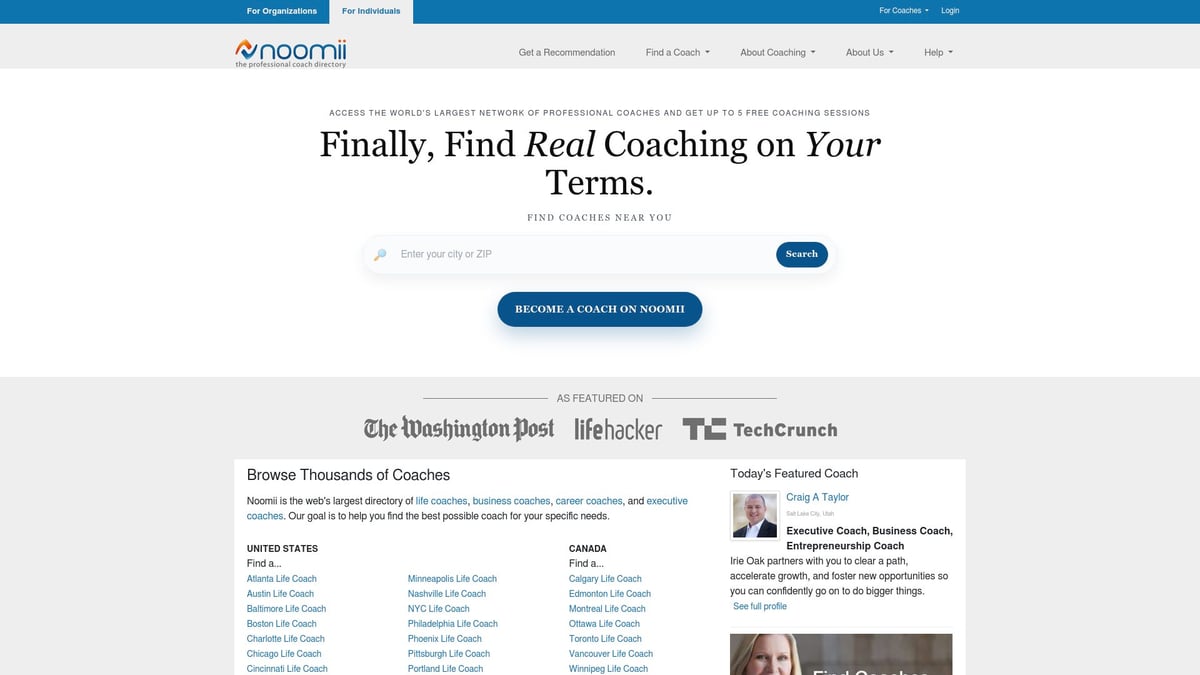
Their services span executive coaching, leadership development, manager training, team facilitation, and comprehensive 360 leadership assessments. This practical, hands-on approach results in faster decision-making, clearer communication, and measurable engagement improvements. For those aspiring to deliver meaningful results as a leadership coach, learning from proven models like Noomii or Accountability Now is essential to achieving lasting organizational impact.
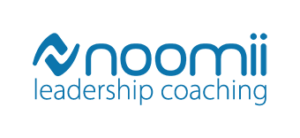



Leave a Reply
Want to join the discussion?Feel free to contribute!